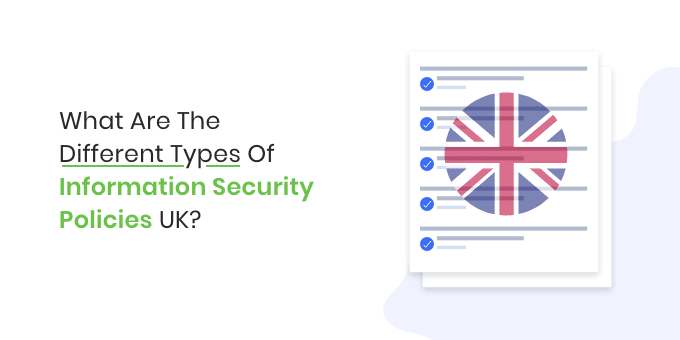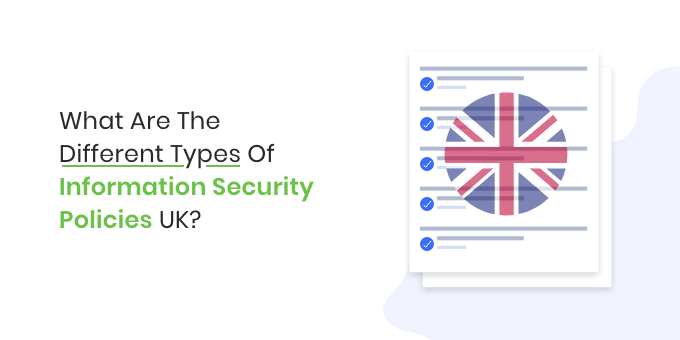Information Security Policy example small business
Security risks and threats are touching skies in this century of tech and science. Now it doesn’t mean that technology advancements are something bad, it only means that with the advancement in technology, security and privacy threats have also been increased. So we better look at that as top priority. Information security policy as the name suggests is the policy that concerns privacy and protection of the people’s data and information by coordination and enforcement of security programs. It aims at communicating with external auditors and third parties.
What is an Information Security Policy?
A policy which encapsulates security measures and requirements for the sets of information, protecting it from unwanted and risky activities. It basically coordinates and enforce security programs and plans in order to protect data and information.
Types of information security policy
There are three types of Information security policy.
- Program policy: It concerns high-level strategic programs for organizations to develop their security policy.
- Issue-specific policy: As the name indicates, it concerns generic policy points and considers issues that might come in way.
- System-Specific policy: It is like a granular sort of IT policy, it focuses on the type of system such as web server or fireball.
How is an Information Security policy effective?
An effective policy must:
- Cover all-step wise processes of security in the organization
- Be practical in nature and should be implementable
- Be modified and reviewed regularly according to the changing situations
- Be in sync with the goals and objectives of your organization
What are the three basic elements of this Policy?
The trio that represents the basic elements of this policy are:
- Integrity
- Confidentiality
- Availability
Why is it so important?
Ask yourself, will you ever want your sensitive data or information to be revealed or misused? Never. Same goes with the organizations and their needs with such a policy. Having this policy provides following benefits:
- It undoubtedly facilitates in providing confidentiality to information
- It sets the bars of integrity
- It makes the availability of resources safe and sound
- It basically aims to protect sensitive data
- It lessens the potential risk of data theft and security incidents
- It helps to execute the programs concerning security and privacy all over the organization
- It shows a clear statement about data security to third parties
- It aids in complying with regulations and legal requirements
What if I don’t have it?
If you don’t have it, you simply are doing something that can cost you huge disadvantages. Imagine leaving your home’s door open with a lots of expensive and quality goods. What do you expect? Will it be spared by thieves? Nope. Following are the consequences you might face in the absence of Information security policy.
- You will not be able to maintain confidentiality
- You won’t be able to maintain integrity of data and can lose it any time
- Your sensitive data! Forget it. It will not be protected
- There will be high risk of data theft and security incidents
- It will become difficult for you to run and even develop security programs without any specified criteria
- Third parties and auditors require you to answer about it.
- You won’t comply with laws and regulations and that’s obviously a trouble to handle with care!
Conclusion
In conclusion, information security policy plays a vital role in the maintaining privacy of data and information. The dawn of the 21st century has demanded security and privacy for good reason no doubt. So if you implement a good information security policy, you are on the right track!


